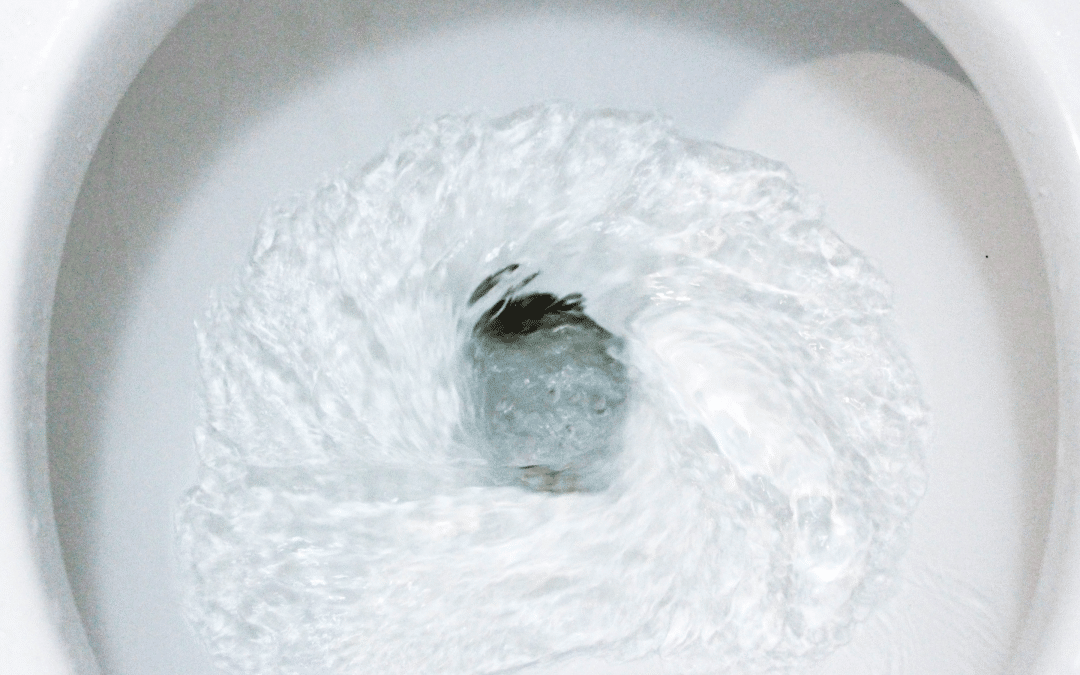Maintaining healthy bowel movements is essential for your overall wellbeing and digestive health. Fortunately, you don’t need complicated treatments to see improvements—small, consistent lifestyle changes can make a significant difference. This article explores five effective strategies to help you achieve healthier bowel function naturally.
1. Boost Your Fiber Intake: Your Gut’s Best Friend
Fiber is fundamental for healthy bowel movements as it adds bulk to your stool, making it softer and easier to pass through your digestive system. Think of fiber as a natural broom for your intestines.
The Academy of Nutrition and Dietetics recommends adults consume 25-38 grams of fiber daily, though individual needs may vary.
Understanding Two Types of Fiber
Soluble Fiber:
- Dissolves in water to form a gel-like material
- Helps soften stools
- Found in: oats, peas, beans, apples, citrus fruits, carrots, barley
Insoluble Fiber:
- Does not dissolve in water
- Helps move material through your digestive system
- Increases stool bulk
- Beneficial for constipation
- Found in: whole-wheat flour, wheat bran, nuts, beans, cauliflower, green beans, potatoes
To increase your fiber intake, focus on eating more fruits, vegetables, whole grains, and legumes. Limit processed foods, candies, and large amounts of red meat, which can contribute to constipation. Increase fiber gradually to avoid gas and bloating.
2. Stay Hydrated: Keep Things Flowing Smoothly
Proper hydration is equally important as fiber for bowel health. Water helps soften your stool, making it easier to pass and preventing it from becoming too dry and hard. When you’re dehydrated, your body pulls more water from your colon, which can lead to constipation.
Aim for six to eight cups of liquid daily as a starting point, adjusting based on your activity level, climate, and overall health. Listen to your body and drink when thirsty. Water is always the best choice, but herbal teas and clear broths also contribute to your fluid intake.
Carrying a water bottle can remind you to sip throughout the day. Your urine color provides a simple hydration indicator—light yellow or colorless usually means you’re well-hydrated, supporting better digestive health.
3. Get Moving: Exercise for Bowel Regularity
Regular physical activity stimulates the natural contractions of your intestinal muscles, helping move stool through your colon more efficiently. You don’t need intense workouts to see benefits—just 30 minutes of daily walking can make a difference.
Beneficial activities include:
- Walking
- Jogging
- Swimming
- Cycling
- Yoga
The key is finding enjoyable activities you’ll maintain consistently. Incorporate movement into your daily routine by taking stairs instead of elevators, walking during lunch breaks, or stretching while watching TV.
4. Establish a Bowel Routine: Train Your Body
Your body thrives on routine, including your bowels. Trying to have a bowel movement at the same time each day helps establish regular habits. Many people find that 15-45 minutes after a meal, particularly breakfast, is an effective time because eating stimulates the gastrocolic reflex, increasing colonic activity.
Important routine tips:
- Listen to your body—when you feel the urge to go, don’t ignore it
- Allow enough unhurried bathroom time
- Create a relaxed environment
- Maintain consistency with your routine
A consistent, unhurried approach trains your body for more predictable bowel movements.
5. Manage Stress for Better Digestion
The brain-gut connection is powerful—stress significantly impacts bowel function and can contribute to both constipation and diarrhea. Effective stress management techniques include:
- Mindfulness meditation
- Deep breathing exercises
- Regular physical activity
- Adequate sleep
- Engaging in enjoyable hobbies
If stress significantly affects your digestive health, consider speaking with a healthcare provider or mental health professional for additional strategies and support.
When to Consider Laxatives
Despite your best efforts with diet and lifestyle, you might occasionally experience constipation requiring laxative use for short-term relief. It’s important to use laxatives cautiously and preferably under medical guidance.
Different types of laxatives include:
- Bulk-forming agents
- Stool softeners
- Osmotic laxatives
- Stimulant laxatives
Overusing certain laxatives, especially stimulant types, can lead to decreased bowel function and dependency. Always consult your doctor or pharmacist before using laxatives to determine the appropriate type for your situation and to rule out underlying issues requiring specific treatment.
When to Seek Medical Help
While lifestyle changes often improve bowel function, sometimes professional medical care is necessary. Consult your healthcare provider if:
- Symptoms don’t improve after two weeks of trying these strategies
- You’ve gone more than a week without a bowel movement
- You experience persistent diarrhea
- You notice blood in your stool
- You have unexplained weight loss
- You experience severe abdominal pain
Your doctor may recommend additional therapies beyond home remedies, such as prescription medications, biofeedback therapy, or in rare cases, surgery for blockages or structural problems.
Conclusion
Improving your bowel health naturally is achievable through simple lifestyle adjustments. By increasing fiber intake, staying well-hydrated, exercising regularly, establishing a routine, and managing stress, most people can develop healthier bowel habits.
Remember that your bowel movements provide valuable information about your overall health. If you experience persistent problems despite lifestyle changes, don’t hesitate to consult your healthcare provider. They can help determine the underlying cause and recommend appropriate treatment for your specific needs.
Taking proactive steps toward better digestive health is an investment in your overall wellbeing and quality of life.








